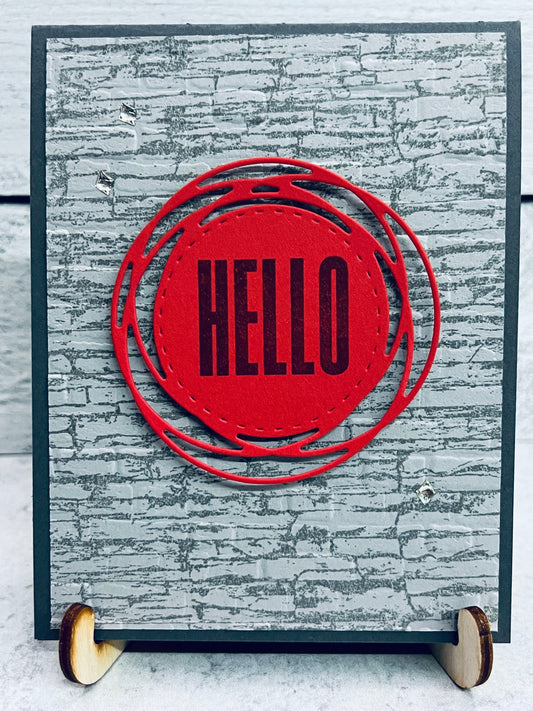10 Tax Advantages to Being a Stampin’ UP! Demonstrator.
Written by: Brenda LaBattaglia
Note: I am not a tax professional, I offer this as informational only. Because the tax laws could change each year, please consult your tax professional for expert opinion.
A tax question came up in a Facebook group I belong to for Stampin’ UP! Demonstrators and while I am not a tax expert, I wanted to share a few advantages to having a home-based business such as being a Stampin’ UP! Independent Demonstrator.
The Advantage - Deductions Deductions reduce your income thus your tax payment obligation. Therefore, take advantage of the business deductions provided you in the tax law:
- Office Space. If you have a designated area or room that you conduct your business, you can deduct this area as a business deduction. The deduction isn’t limited to a full room. Your home office can be part of a room. Measure your work area and divide by the square footage of your home. That percentage is the fraction of your home-related business expenses — rent, mortgage, insurance, electricity, etc., that you can claim as the deduction.
- Office Supplies. Keep your receipts for everything you purchase to use in your business. Pens, markers, paper, staplers, etc., can be deducted as a business expense.
- Business Supplies. This category includes supplies such as a die cutting machine, paper cutter, stamping blocks, and other non-consumable supplies needed for conducting classes, workshops etc.
- Office furniture and equipment. Cabinets, desk, chair, or other furniture and equipment needed to build out your craft business space can be included in the deductions.
- Software and Electronics. This category of office expenses includes software, laptops, tablets, smartphones and other smaller electronics. These items can be deducted as a business expense.
- Mileage. As Stampin’ UP! Demonstrators, we host workshops and other card making events in our community and we therefore can deduct the mileage driven for those events. The key is to keep a log of those miles to take advantage of this deduction.
- Telephone. You can deduct the cost of the business calls you make for business from home. Regular fees and charges on your phone line don’t count toward your deduction. But if you have a second line installed and use it only for business, all these charges are deductible. IF you only have a cell phone and therefore use it in your business, then you can claim calls as a tax deduction. For example, if 30 percent of your time on the phone is spent on business, you could deduct 30 percent of your phone bill.
- Travel Expenses. Stampin’ UP! Hosts several events each year for demonstrators and the travel expenses associated with attending these events can be a deduction. So, things like hotel, flights, and rental cars can be deducted as a business expense.
- Marketing and Business Development. In order to grow your Stampin’ UP! Business, you might do some advertising, participate in craft shows or conventions and even give gifts to customers. The costs associated with these activities can be deducted.
- Professional Services. If you hire consultants or professional’s such as a tax professional or lawyer, the fees associated with these activities can be deducted as a business expense.



